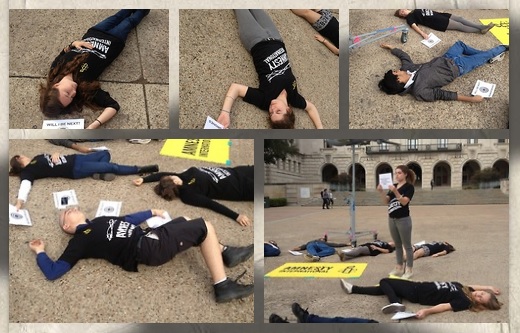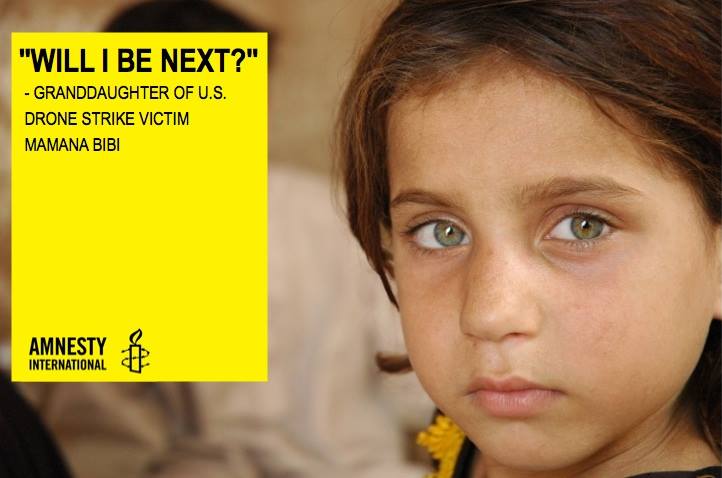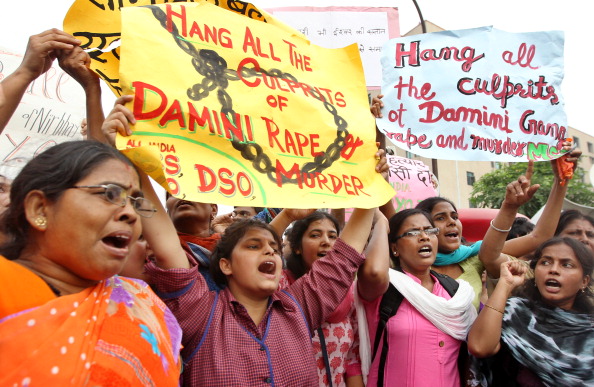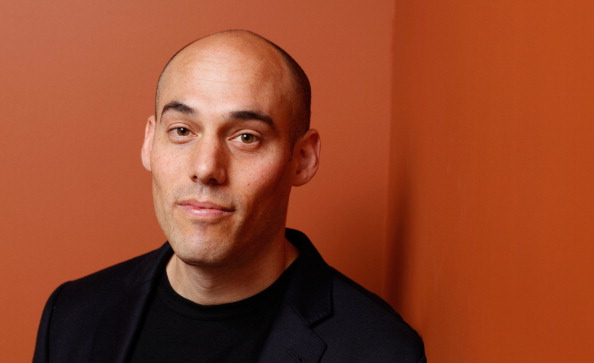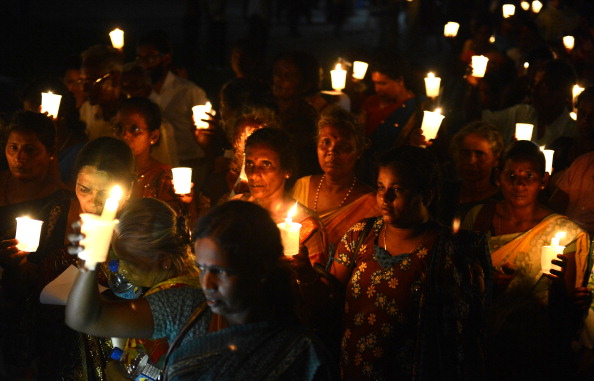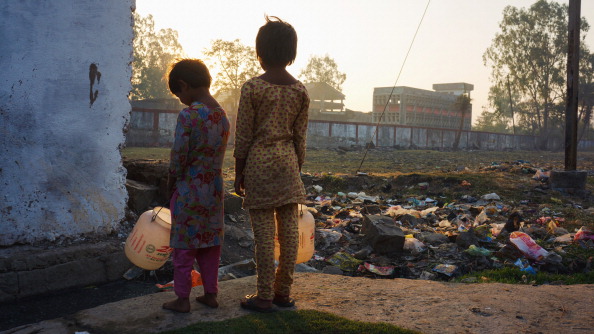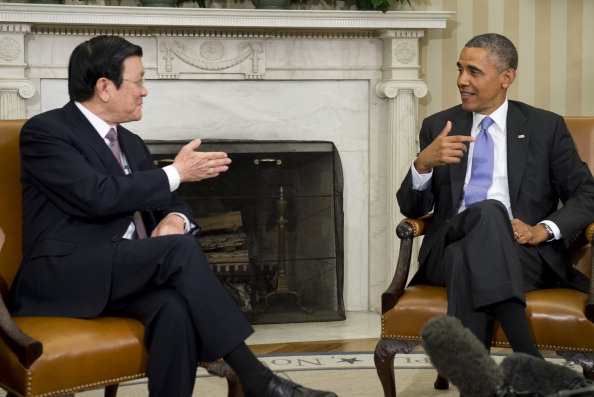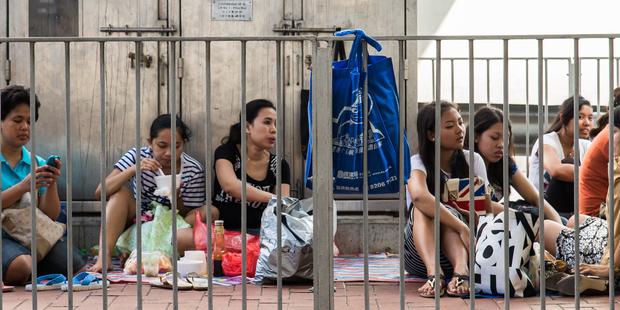
There are more than 300,000 migrant domestic workers in Hong Kong, with about half from Indonesia (Photo Credit: Amnesty International).
I had no time to myself – I worked long hours from 5 a.m. to 11 p.m. with no rest day. My employers didn’t allow me to leave the house without someone accompanying me. When it was bed time, I had to wait for everyone to sleep because I slept in the family bathroom.
This 30-year-old woman from Tulungagung told Amnesty International her story in 2012.
In an extensive new report, filled with heartbreaking testimony about exploitative recruitment, physical and sexual violence, lack of food, excessive hours and restrictions on religious practices, Amnesty International examines the experiences of Indonesian domestic migrant workers trafficked to Hong Kong.
